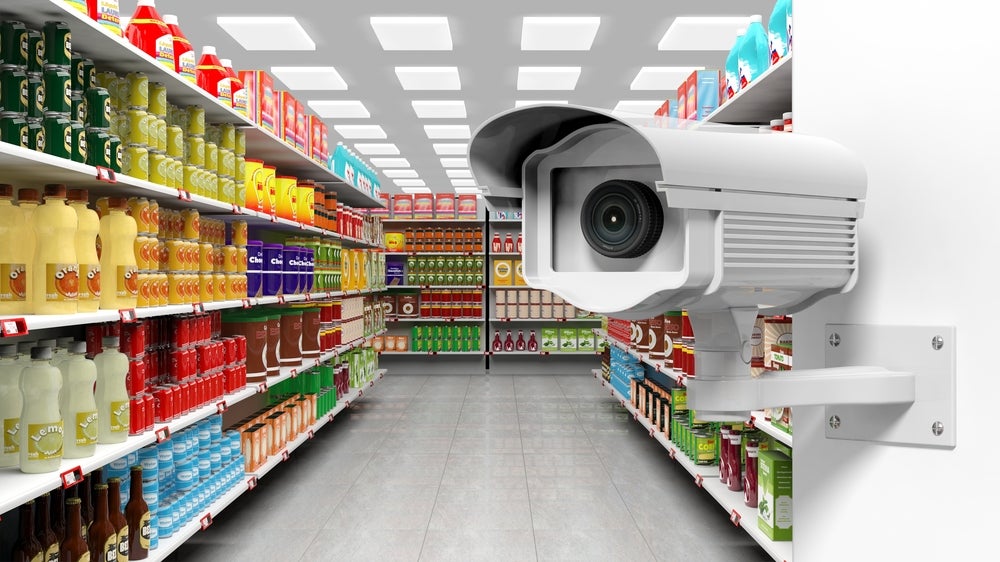UK-based price comparison website Money.co.uk has looked into which retail sectors and brands have been most affected by theft since 2020 as the cost of living crisis grows.
The research revealed that supermarkets are victims of over half (54.4%) of shoplifting crimes committed, followed by department and convenience stores (6%) and clothes shops (5.7%).
The brand shoplifted the most from was Co-op (15.3%), followed by Tesco (9.9%). Notably, Wilko is the only non-supermarket brand that features in the top ten, as the business has entered administration.
Additionally, charity shops were in the top ten most stolen from sectors.
BBC data reports that shoplifting offences have returned to pre-pandemic levels as the cost of living rises.
The British Retail Consortium also finds that incidents of theft have increased by 27% across ten of the largest cities in the UK.
A spokesperson for Waitrose told the BBC that while it could not "speculate on the reasons", it was seeing "rising numbers of shoplifting offences - often by organised gangs, as well as anti-social behaviour."
How can retailers prevent theft?
Money.co.uk representative Cameron Jaques says: “In the world of retail, it's not a matter of 'if' but 'when' theft will occur. Shop insurance provides essential protection and allows you to focus on serving customers and growing your enterprise.”
Internet of Things (IoT) technology such as in-store theft monitoring and electronic article surveillance systems, are also crucial.
Alongside technology, people remain central to preventing theft. Retailers should invest in employee training, a visible staff presence throughout stores and engaging with consumers and local law enforcement.
Safer Business Action Week, which runs from 16 to 22 October, is an initiative focusing on tackling business crime through prevention, intelligence sharing, targeted enforcement and community engagement.









